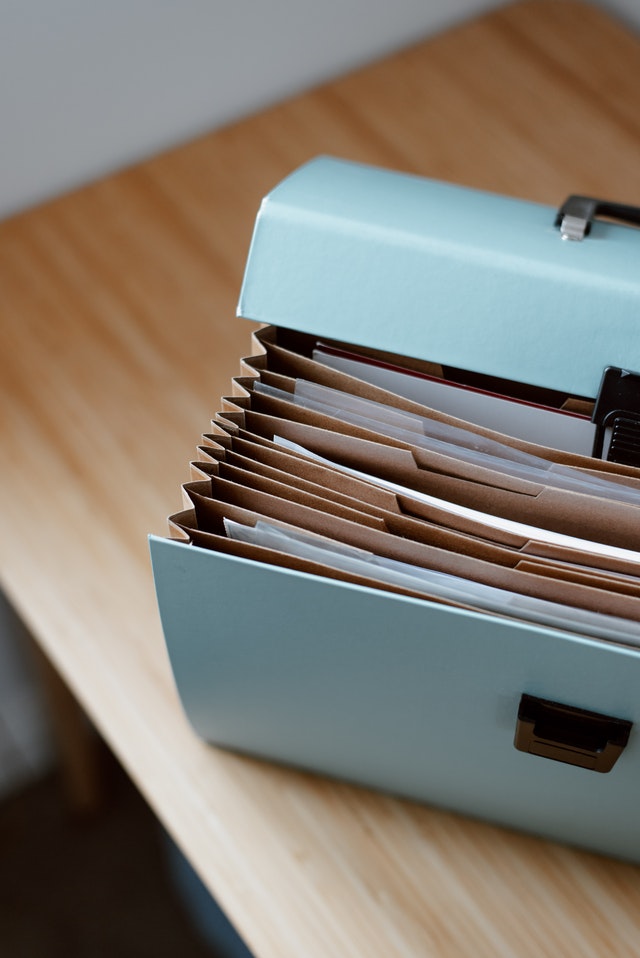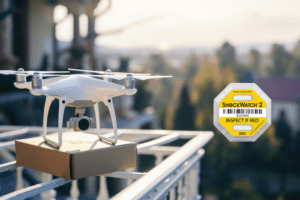Custom Clearance is a process that enables shippers to export and import goods from and to a country. It can be diversified into two parts – export clearance and import clearance. Export clearance is the process that is undertaken before your goods leave the origin country; whereas import clearance is the process undertaken to for your cargo to enter the destination country. In this blog post, we will discuss top things one must do for a smooth custom clearance process!
Custom Clearance – Quick Introduction
Shipping and receiving a shipment of goods can be an arduous process, but it does not have to feel like that if you’re smart about how much information is made available. With customs clearance in tow your shipments will get through airport security with ease because we’ve got everything covered! There’s two parts: export- which happens before anything leaves the country; import – when they arrive at their destination after being shipped from somewhere else (like our Port). Custom Clearance policies are mandatory for all freight shipping contracts so make sure yours include them or risk delays while waiting around helplessly on the docks wondering what happened with those boxes full cargo hold.
Top Things to Do for a Smooth Custom Clearance Process
Custom Clearance is often considered an arduous process, but with the right steps taken to avoid hassles and complexities it can be well worth your time. Here are some of our top tips for how you should go about doing custom clearance in order make sure everything goes smoothly!
Study the Import and Export Restrictions of Various Countries:
Every country has a different list of items that can be brought into their borders. It is important to research which items are allowed in from other countries before shipping your freight because some will only allow entry with specific licenses or permits – and if they aren’t followed, penalties may apply!
When it comes to importing and exporting goods, the regulations in different countries can be quite stringent. These restrictions depend on factors like quantity allowed for importation or export from your country of residence-to other nations with differing policies detailed within their own customs guidelines booklets which may have been published by international organizations such as UN agencies who publish these documents due out concern that the subject goods are on their sanctions list or not.
Choose an Experienced Customs Agent / Broker:
It is important to note that you are required to provide all necessary documentation and information for export/import clearances at the ports of origin and destination. Appointing a customs broker or freight forwarder with custom services will help ensure everything runs smoothly on your end too!
A customs broker, also known as a CHA (Custom House Agent) is an agent with expertise in the rules and regulations of importing countries. They help you ensure your goods are not prohibited from entering into another country by providing relevant documents for payment processing so that all taxes can be properly computed at arrival without any hassle or error on behalf of either party involved; this includes making sure duties have been paid appropriately beforehand too! If you’ve already appointed one then they would most likely offer assistance during custom clearance if needed.

Be Aware and Compliant to the Trade Agreements:
Trade agreements define a trade arrangement, taxes, duties and relevant agreements between countries to help them trade with each other, for import and export of goods. There are several types of trade agreements between various countries, a thorough understanding of which can help you be compliant, take advantage and to beware of the regulations.
Trade agreements cover several key points like those in FTA (Free Trade Agreements), Unilateral or Bilateral trade, Anti-dumping duties, Countervailing duties (CVD) and the likes. A proper research and compliance to these trade agreements can benefit in lowering your cost, increase profits and steer clear from penalties and product seizures.
Keep All Required Documents Ready:
The process of importing goods into a new country can be time-consuming and require many documents. This is why it’s important for you prepare all required documentation before beginning your shipment, so that there are no surprises when reaching out to customs officials at the destination airport or seaport. If hiring an international freight forwarder or broker who will advise on what papers need submitting with each shipment type – this also helps avoid confusion about how much information needs provided upfront vs during inspection!

Check for Specific Packaging Requirements:
If you’re shipping goods, be sure to pay attention the requirements of your destination and origin countries. You’ll avoid delays or additional costs during customs inspections if they are different from each other!
QC and Inspection Before Shipping:
This is a great way to ensure that your shipment complies with all rules and regulations. For example, it will check the quality standards of an export country so you don’t have any issues on arrival!
Conclusion
There is a lot to think about when it comes to international shipping and customs. The best way to ensure that your shipment will be cleared through the custom process with ease is by taking care of all of these tasks ahead of time so you don’t have any surprises at the last minute. This post has given you some great tips on how to do just that, but if there’s something we’ve missed or you need more information please feel free to contact us here!



